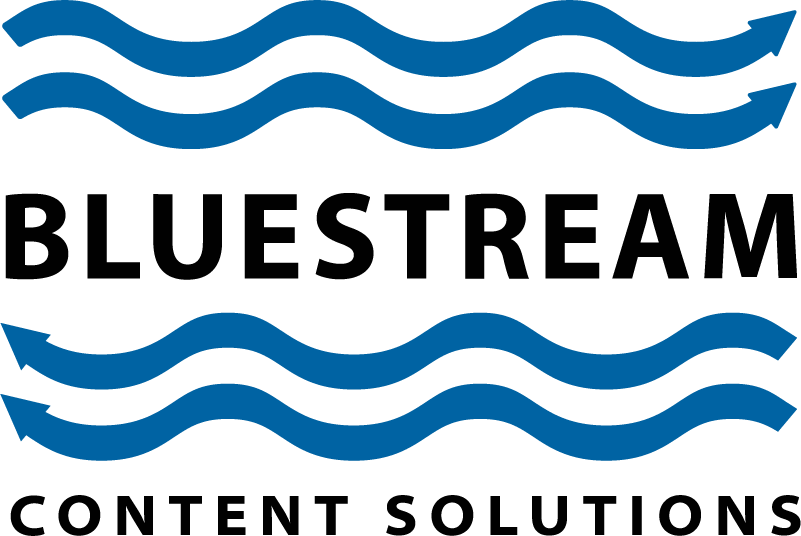Unlock the full potential
of your content
Simplify, Scale, and Streamline Content Creation & Delivery.
With Bluestream's XDocs DITA CCMS, you can create, integrate, automate, manage, and intelligently share your technical documentation content.











Why Bluestream?
Creating and managing technical content is challenging. Bluestream provides various tools and processes that rise to the challenge and help you meet your requirements for creating, managing, and delivering content.
Bluestream can help you unite all your information sources and deliver intelligent content when and where it is needed. As a result, you can get products to market faster and close sales faster, and your customers can find answers to their questions faster.
- 20seconds the time a visitor will stay on your website if they cannot find an answer.
- 22% the time employees spend looking for information.
- 35% the savings you could make on document creation.
- 40% of turnover - the amount of additional revenue you could be losing.
- 45% the savings you can make on localization.
Benefits
Content Creation
Creating and reviewing technical content entails complexity. Bluestream’s XDocs DITA CCMS rises to the challenge with tools to help you find efficiencies and meet requirements and deadlines.
In addition to DITA XML, XDocs CCMS can handle all your file formats and provide the same version control regardless of the file format. XDocs CCMS flexibility also allows you to reconfigure content and settings as requirements evolve and extend the system to integrate with other tools if you need to.
Content Management
Finding and reporting on content, sending the correct version of content for review, translation, and publishing, these are just a few of the content management tasks that XDocs CCMS excels at.
XDocs CCMS provides versatile content management tools to help you meet requirements and grows and changes with you as your requirements change.
Content Delivery
Everyone wants to find information quickly and on multiple devices and platforms. XDocs CCMS offers a modern, enhanced experience for your content consumers—and has loads of new features to make content delivery more efficient and effective.
Increase your speed to delivery with an automated pull of approved content from your content server. Add your own product facets to give your users enhanced capabilities to find the information they need.
Support
Bluestream uses a unique methodology to get you up and running quickly.
Once deployed, support is provided by the Bluestream support team and a global partner network
Testimonials
Experience the Bluestream Difference Today!
Ready to take your content management to the next level? Contact our sales team for a demo or more information. We look forward to partnering with you and helping you achieve maximum success in your content project.




